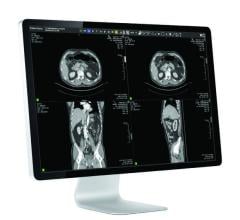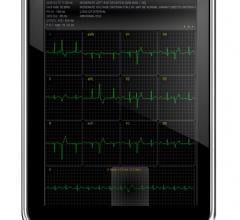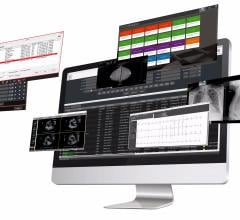
April 4, 2011 – An updated software release for a cardiovascular information system (CVIS) has now consolidated everything into a single database, including hemodynamics. The 12.2 release of McKesson’s Horizon Cardiology presents the entire patient history, from fetal to adulthood.
To improve clinical evaluation of fetal and pediatric patients, the new release also allows physicians to switch between different Z-score datasets while reporting on a case. Pediatric and fetal measurements can now be compared with normative datasets from Children’s Hospital of Michigan and Children's Hospital Boston.
Mercy Children’s Hospital, part of Mercy health system in Toledo, Ohio, and OSF HealthCare System in Peoria, Ill., provided significant input into the development of the new CVIS release to meet the needs of their respective pediatric populations.
Earlier this year, OSF went live with the technology in the congenital heart center of Children’s Hospital of Illinois at OSF Saint Francis Medical Center. Jitendra Shah, M.D., professor of clinical pediatrics at University of Illinois College of Medicine and a pediatric cardiologist at the Children’s Hospital, has already experienced a significant improvement in how cardiologists access and review echo studies and generate reports.
“The ability to view historical congenital echo images, reports and trends of measurement Z- scores at the same time as the current patient information is a big advantage to our workflow,” Shah said. “Now, we can present this information throughout the enterprise, enabling us to improve the coordination of patient care.”
Users can instantaneously see updates to patient records made by other care providers, in addition to simultaneously reviewing previous and current studies of any modality. This capability is achieved through the company’s design. A single database stores all cardiovascular images, reports and waveforms in one location from modalities such as echocardiography, vascular ultrasound, cardiac and vascular catheterization, nuclear cardiology and ECGs.
Mercy Children’s Hospital added pediatric echocardiography in April 2010 and has achieved 100 percent physician adoption. Previously, it took two to four days from the time images were acquired until a pediatric report was signed by a physician. With Horizon Cardiology, the average report generation and distribution time is measured now in minutes.
“In the past, completing a report required a number of manual steps, which lengthened the procedure cycle,” said Gary Butchko, M.D., clinical assistant professor and a pediatric cardiologist, Mercy Children’s Hospital. “With Horizon Cardiology, I can review, report and sign a study in any convenient location – even from home. This increases the number of pediatric reports I can read each day and gives me more time with my patients.”
For more information: www.mckesson.com, www.mercyweb.org


 March 06, 2024
March 06, 2024 




